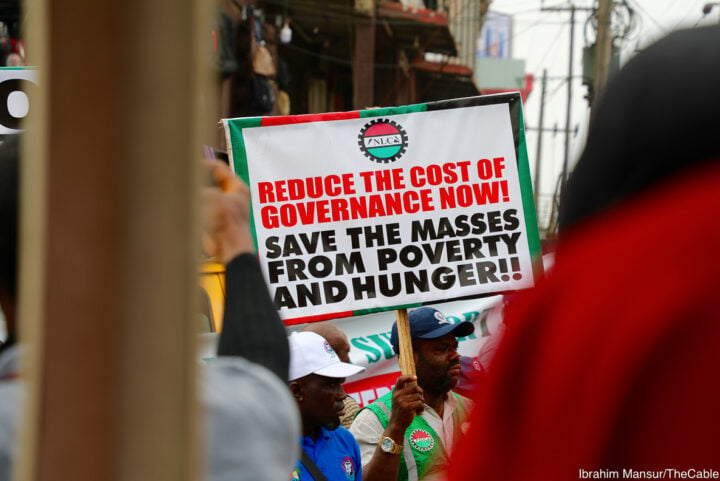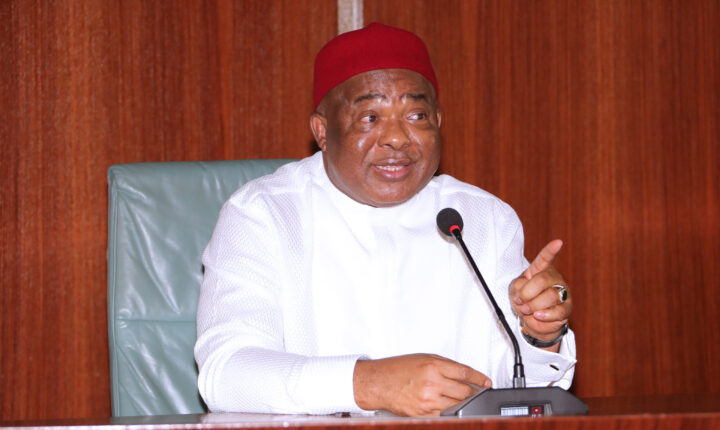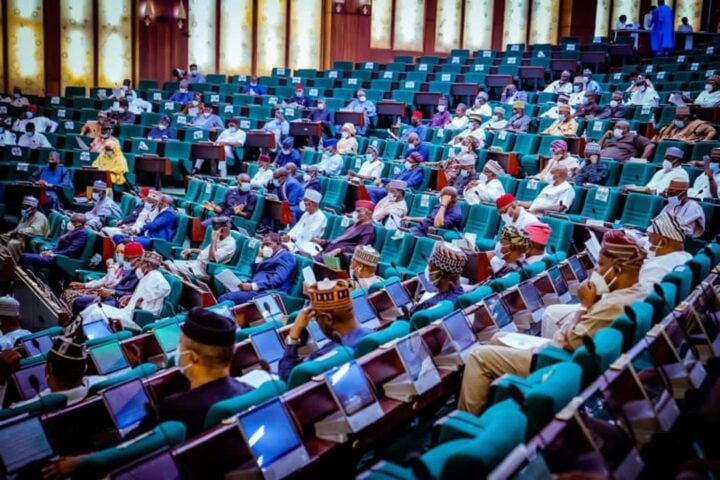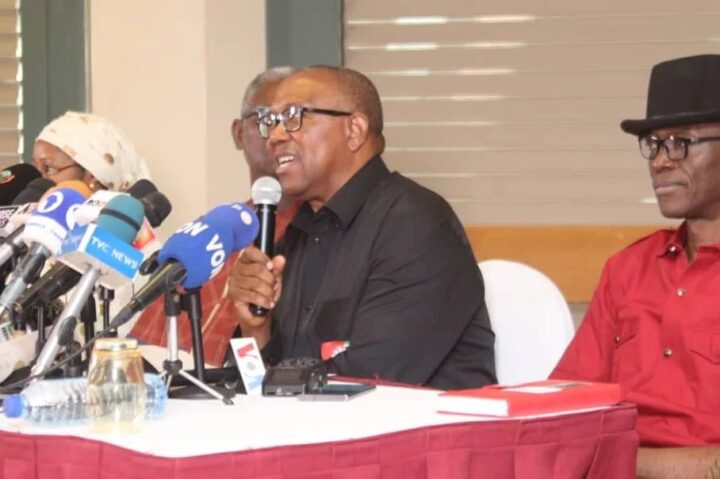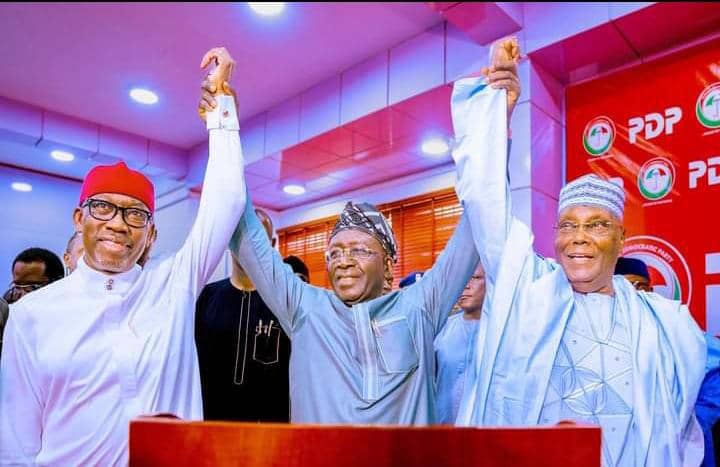The National Association of Government Medical and Dental Practitioners (NAGGMDP) says it is aligning with the position of the Nigeria Labour Congress (NLC) on the removal of petrol subsidy.
Last Friday, NLC issued a five-day ultimatum to the federal government to revert to the old price of petrol or face a nationwide protest.
Joe Ajaero, NLC president, said the federal government had until Wednesday to revert to the old price of N185.
In a communique issued on Sunday, Sofiri Starson, the national president of the union, said the decision to remove the petroleum subsidy was “catastrophic”.
Advertisement
He added that the decision would result in inflation, noting that the “cumulative effect of the sudden price increase in the healthcare sector is an issue of great concern.
Starson said the union demanded that the government set up “a robust economic team that will establish cushioning measures” before the subsidy is removed.
He said refineries in the country should be revamped, and the cost of governance must be trimmed down.
Advertisement
“Precisely on Monday 29th May 2023, the Nigerian citizens were shell-shocked by the abrupt and sudden increase in the price of premium motor spirit(PMS), also known as petrol, following the inaugural speech of President Bola Ahmed Tinubu GCFR,” the communique reads.
“The effect of this decision by the federal government on subsidy removal in the face of a very challenging economy could best be described as catastrophic, going by reports obtained from our members – doctors and dental surgeons working in health facilities, parastatals and agencies of federal, state and local government areas, other health workers and our clients all over the country.”
“The national leadership, arising from an emergency national officers committee meeting, deliberated on the above issue and observed the following: That the decision by the federal government to remove fuel subsidy and the subsequent announcement on the inauguration day was hastily done, without proper consultation, effective planning, socioeconomic cushioning and protective measures.
“The operations of NNPCL and how the subsidy regime is shrouded in secrecy underscores the illicitness of the entire process.
Therefore, the opinion of the federal government to ultimately remove fuel subsidy in order to meet her social obligations is instructive. However, the absence of strategic planning in a very low and fragile economy like ours renders such a decision very ill-timed.
Advertisement
“This sudden increase has adversely affected all critical sectors, especially transport, power, health, etc., ultimately transmitting the knock-on effect to other sectors of the economy, thereby worsening poverty. There is an abrupt increase in the rate of morbidity and mortality in the country.
“That, in the face of negative social systems, low minimum wage, with millions of Nigerians living in abject poverty, the dramatic increase in fuel price impinges negatively on the ability of most Nigerians to meet the basic needs, especially food and healthcare.
“The cumulative effect of the sudden price increase in the healthcare sector is an issue of great concern, especially in a country among the poorest health workers’ welfare and infrastructure. In the suburban regions and villages, most patients are now drawn to seeking healthcare in traditional settings due to their inability to pay for quality healthcare. This will worsen mental health and increase depression and suicidal tendencies.
“From the foregoing, the National leadership has resolved as follows: We strongly align in solidarity with the Nigerian Labour Congress (NLC) and call on the federal government to urgently suspend the removal of fuel subsidy and revert to the old pump price of PMS to avert the looming multisectoral industrial disharmony that may grind the country to a halt.
Advertisement
“That our refineries should be revamped to functional capacity as soon as possible, and licenses should be given for the establishment of more refineries to encourage local production of petroleum products.
“There is an urgent need for the federal government to strengthen healthcare financing by ensuring at least 15 percent budgetary allocation to the health sector. There is also a need to achieve universal health coverage through primary healthcare and national/state health insurance schemes across the country in order to reduce out-of-pocket expenses and guarantee accessible and affordable healthcare.
Advertisement
“The federal government should set up a robust economic team that will establish cushioning measures to protect citizens when the subsidy is eventually removed. Priority should be given to measures aimed at addressing the widespread hunger and poverty in the country. They should also bring on board palliative measures to mitigate the impact of the eventual subsidy removal on citizens, especially those on low incomes.
“The federal government, in the spirit of patriotism and sacrifice, should take measures to cut down the cost of governance by the executive and the national assembly, reduce borrowing, and channel such funds to other critical sectors of the economy, including minimum wage increase.
Advertisement
“The Bola Ahmed Tinubu-led administration should demonstrate empathy to the citizens of this country by doing what is necessary to alleviate the sufferings of the Nigerian people.”
Advertisement
Add a comment
